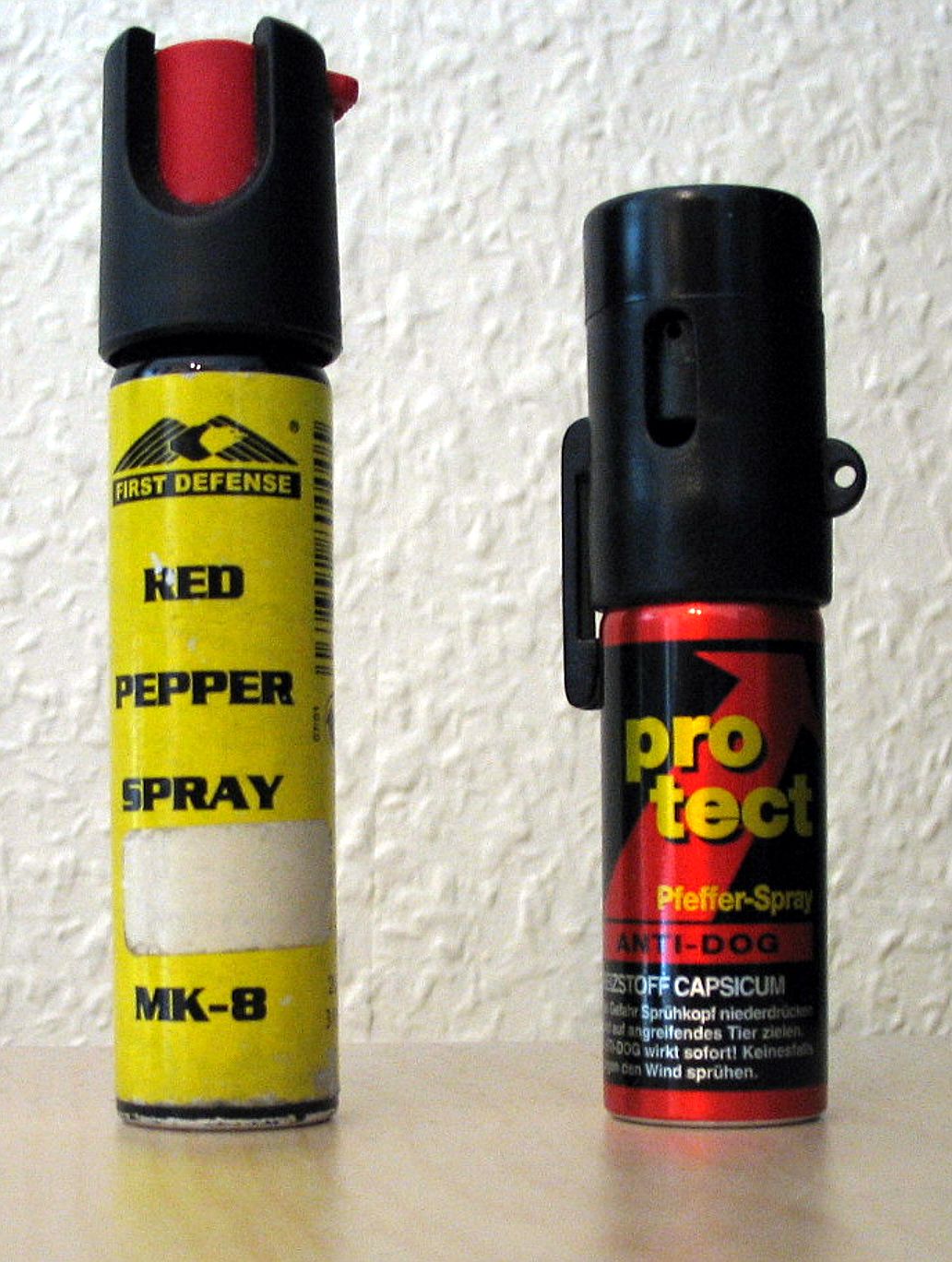An increasing number of Danes are travelling to Germany to buy pepper spray, reports BT.
According to Eric Thiel, an owner of a weapons store in the border town of Flensborg, sales of pepper spray have tripled in January compared to the monthly average.
“Sales have really exploded after the New Year and the attacks in Cologne,” Thiel told BT.
“In January, we’ve had 50-60 percent more Danish customers than usual.”
Thiel estimates the store has sold about 750 pepper sprays this month, of which about 250 were bought by the Danes.
False sense of safety
“Pepper sprays give a false sense of safety. They can also be used as an offensive weapon, which may quickly develop into a sort of armed competition between civilians,” Anders Rasmussen, a prevention specialist at the Danish Crime Prevention Council, told BT.
“Moreover, statistics show there has never been less crime in Denmark, so there is objectively no reason to feel unsafe.”
Pepper spray, also known as OC spray, is a mixture of oil or water with a high concentration of chilli liquid that is 50,000 times more powerful than a normal red chilli. It irritates the eyes and causes temporary blindness.
In Germany, the weapon is legal if used in self-defense, but it is banned in Denmark, where possession will earn you a fine.















